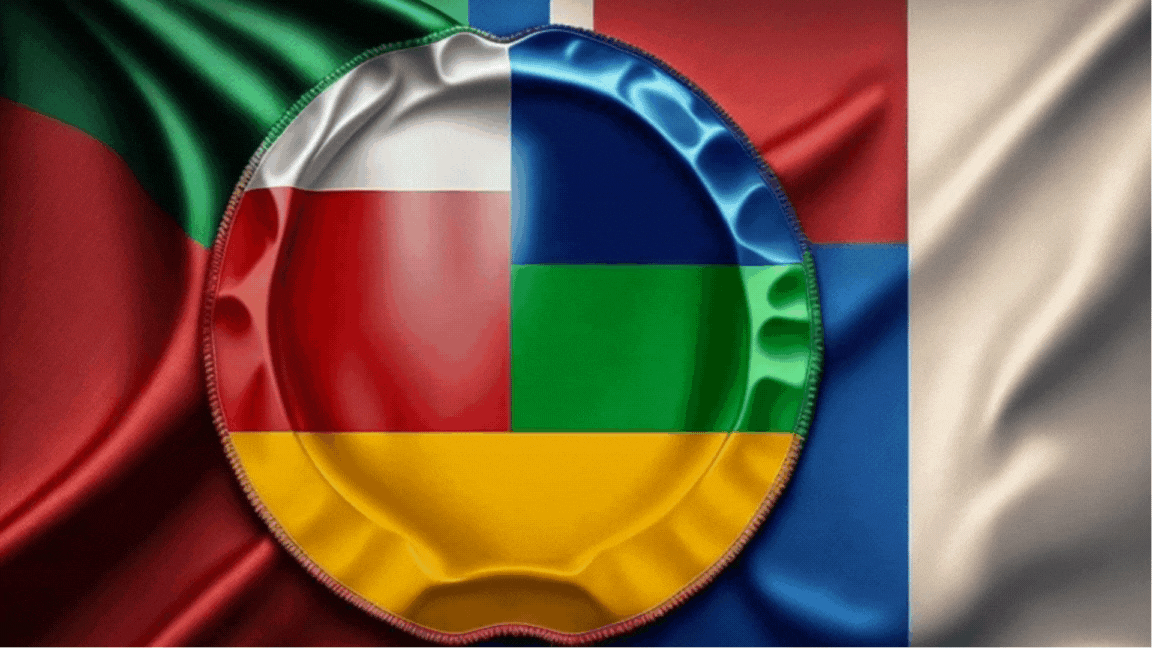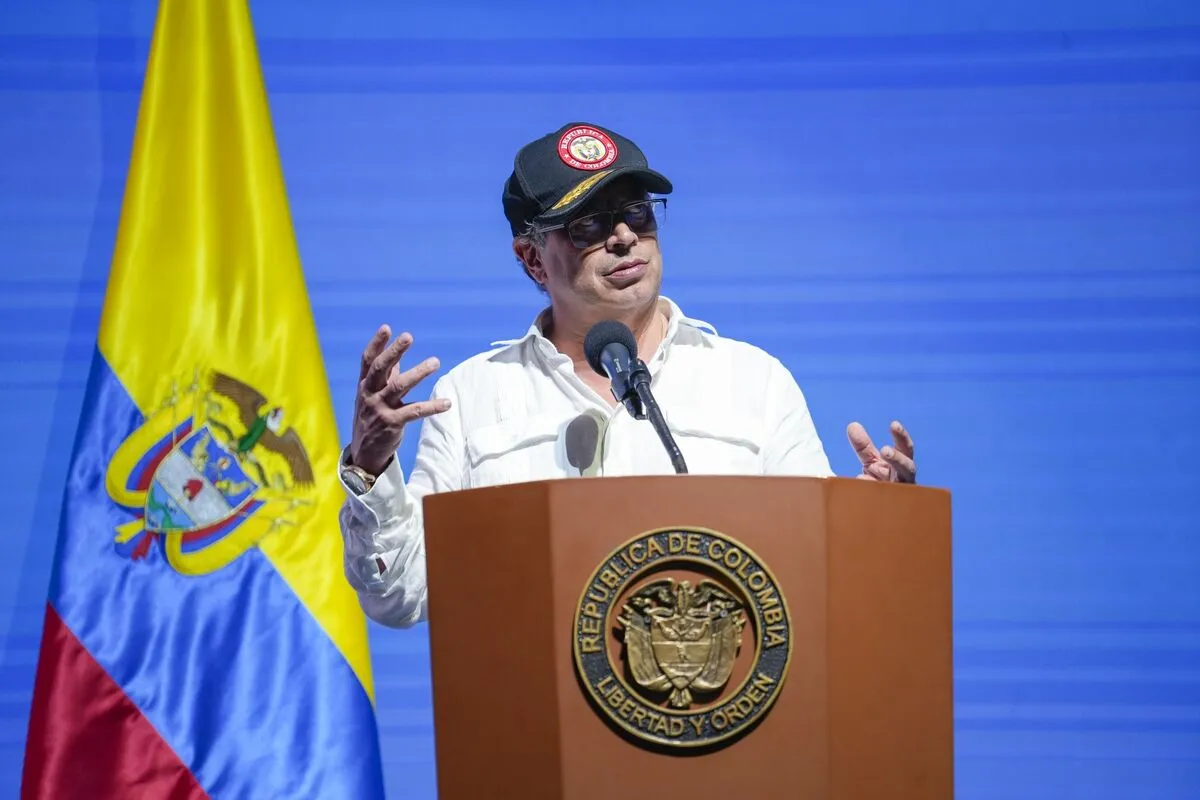
Colombia's electoral authority has decided to go against President Gustavo Petro, accusing his campaign command of prohibited financing—above US$1 million—and of exceeding the ceiling on allowable expenditures. The investigation could open a path for Congress to activate an impeachment trial against the first left-leaning president in Colombia's history. In X, Petro charged that the move by the National Electoral Council was the beginning of a “coup d'état”. Previously, the electoral campaign of the current head of the Nariño House has been questioned for receiving funds from at least one figure linked to drug trafficking, although Petro's son took full responsibility. The former guerrilla's government has been marked by several scandals and by lukewarm advances in his “total peace” policy. Nonetheless, Gustavo Petro retains a solid electoral base that rallies to his call.
 Source
SourceThere is no final death toll in Pont-Sandé
Local authorities in this town of the Artibonite region, Haiti, have raised the death toll to 115 following a vicious attack last week by Gran Grif, a strong criminal gang there. The indiscriminate killing was a punishment to the inhabitants of Pont-Sandé—a sound productive pole—for their alleged support to a self-defense group preventing Gran Grif from conducting extortionist activities in the region. Despite the presence of troops sent from the troubled Port-au-Prince, including members of the UN-backed and largely US-funded multinational security mission—most of them Kenyans—, parts of Pont-Sandé are still inaccessible, and isolated shootings were reported yesterday. Authorities believe there are more shot or stabbed bodies to be found. The attack was warned by the criminals themselves in a social media video, so some are questioning why it was not prevented. Dozens of displaced people are sleeping crowded in churches, schools, and public squares in the neighboring town of Saint-Marc.
 Source
SourceAlexandre de Moraes wins
Over the last few years, especially with Lula da Silva in office, Brazil has been a standard bearer in the battle to democratize Internet governance. Through de Moraes, the head of the Palácio do Planalto, he found a Don King-like fight, taking on none other than Elon Musk. Freedom of expression versus respect for the law, regardless of whether the latter is believed to be good or bad. It is said that the South American giant victory could encourage other international players who have open conflicts with X such as Australia. “This sends a message to the world that the richest person on the planet is subject to local laws and constitutions,” says an American specialist in the anthropology of technology.
Supreme Court Justice de Moraes lifted the block on X after much back and forth, which included a technology change from the Bastrop-based company using Cloudfare that—“unintentionally”—made the platform available for a few hours, and a fine payment sent to the wrong bank account. Although Musk initially put himself in a position of strength, he ended up giving in to all the demands of Brazilian justice, “driven by the economic consequences of losing access to millions of users in its third-largest market worldwide, along with the millions of dollars in associated advertising revenue”.
 Source
SourceAnd this is all for our report today. I have referenced the sources dynamically in the text, and remember you can learn how and where to follow the LATAM trail news by reading my work here. Have a nice day.

